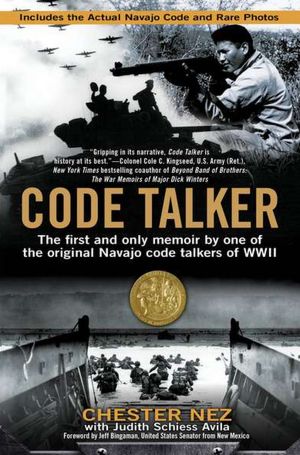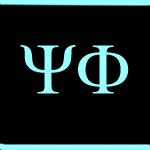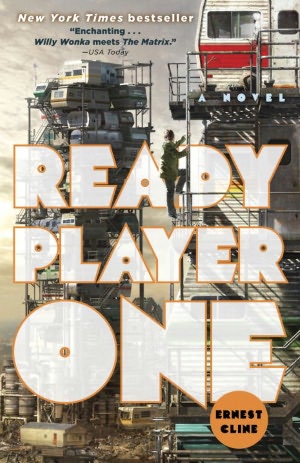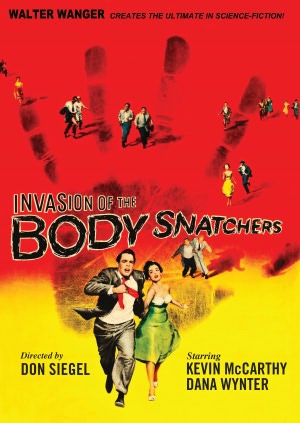Folks are in very different places today, but everyone is moving along nicely...
Physics A and B reviewed their work with the impulse-momentum theorem before turning attention to conservation of momentum. Conservation of momentum comes about through Newton's 3rd Law of Motion - the impulse that acts on one object has to match the impulse that this object imparts to the object that touched it. Therefore, the momentum changes of each object are equal but opposite. One object gains momentum and the other loses it, but the total remains the same. Momentum is simply transferred between objects in the system. We looked at examples of situations from the perspective of conservation of momentum to highlight strategies for problem solving and folks worked some practice in class. We'll go over the homework practice tomorrow and toss in a little extra if need be to nail this concept down.
Intro Physics continued their discussion of Pascal's Principle and hydraulic devices. We looked at how hydraulic devices serve to multiply our effort force (something we'll later call mechanical advantage) and how to calculate the size of that force multiplication. Time was given in class to work problems involving hydraulic devices and tomorrow, depending on how much time we have with the pep rally stealing our instructional time, we may or may not do an investigation on density. We'll need a good understanding of density to work through the upcoming topics of pressure with depth and buoyant forces.
Honors Physics reviewed their work with Kepler's laws of motion and yesterday's lab on centripetal force before taking on the concept of torque. Torque is the rotational analogue of force - it serves to change the speed of rotation (produces angular acceleration). Centripetal force handles direction and torque handles speed in the rotational world. We looked at some demonstrations of how force and torque differ and how the angle through which the force is applied affects a force's ability to rotate an object. Your homework items will give you practice with torque, lever arm and rotation and we'll revisit these ideas on Monday when we start to look at simple machines.
skip to main |
skip to sidebar

Code Talker by Chester Nez



Ready Player One by Ernest Cline

Invasion of the Body Snatchers
Swiffer
Cyber.Vision
- Hitchhikers Guide to the Galaxy
- Battlestar Gallactica
- Quantum Leap
- Star Trek
- Stargate Atlantis
- Firefly
- Eureka
- Heroes
- MacGyver
- Highlander
- Fringe
- Lost in Space
- Cosmos
- The Twilight Zone
- The Time Tunnel
- Land of the Giants
- Voyage to the Bottom of the Sea
- ALF
- Total Recall 2070
- Pokemon
- Night Gallery
- The Invisible Man
- The Dresden Files
- The Outer Limits
- Buffy the Vampire Slayer
- The Incredible Hulk
- NOVA
- SciFi Wire
Book.Read

Code Talker by Chester Nez
Links.Zone
- Introductory Physics MCAS Review
- The Physics Classroom
- Khan Academy
- NASA
- Technology Review
- DVICE
- LOCUS Online
- Hugo Awards
- Nebula Awards
- Saturn Awards
- SF Signal
- SciFi Lists
- New England Science Fiction Association
- Evil Mad Scientist Laboratories
- SciFi Channel
- Star Trek
- Star Wars
- Stargate
- Web Sudoku
- SET Daily Puzzle
- Quiddler Daily Puzzle
Advice

Pod.Casts
The.Archive
NASA.Img
Engadget
APS.Org
Gizmodo
Physics.Today
Physics.World
Get.Wired

Quality.Read

Ready Player One by Ernest Cline
Screen.Time

Invasion of the Body Snatchers
TechCrunch
CNET.Buzz
PCM.News
NewSci.Tech
SciAm.Physics
NASA.News
NewSci.Space
And.Furthermore
no matter where you go...there you are...

